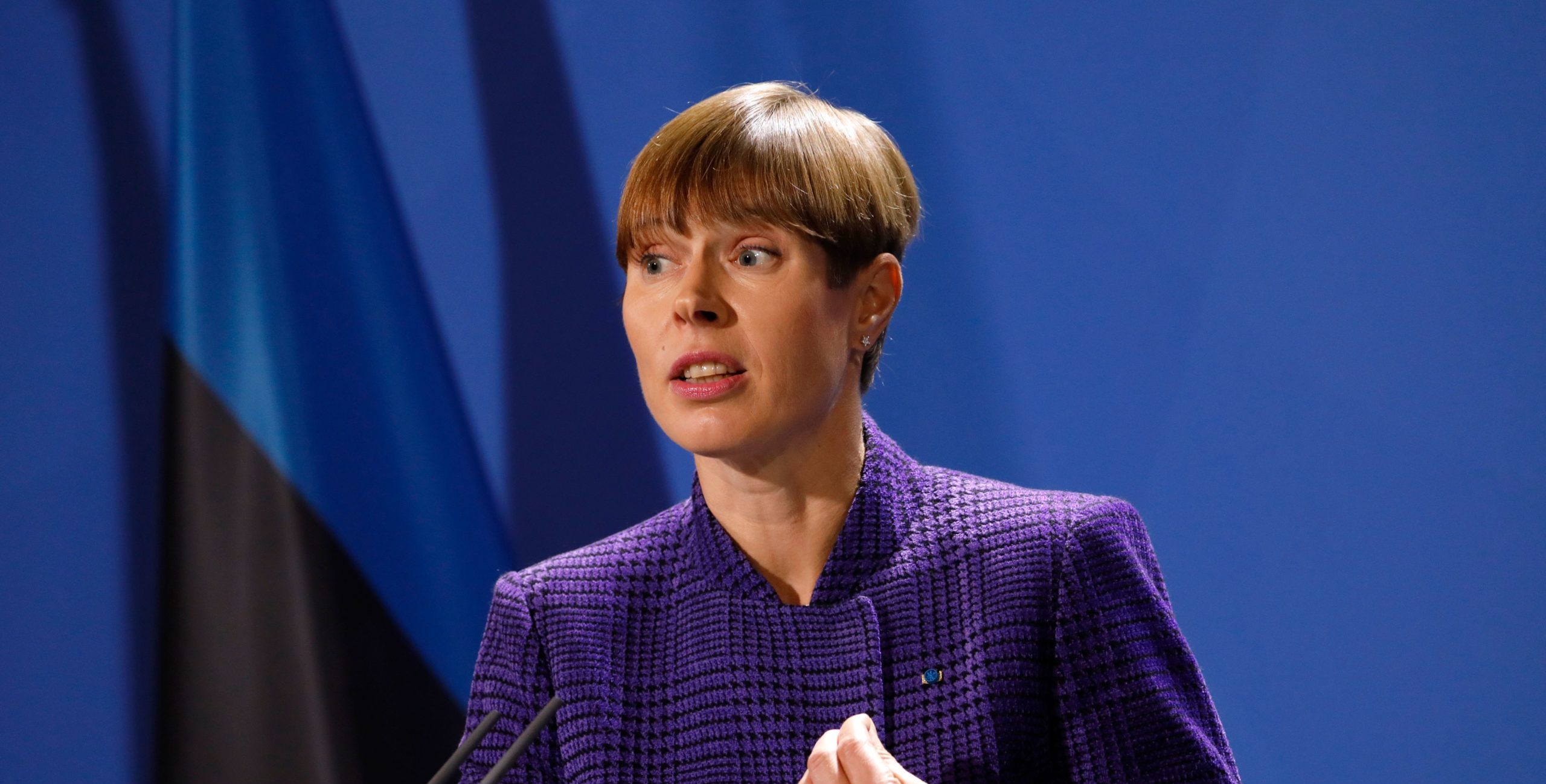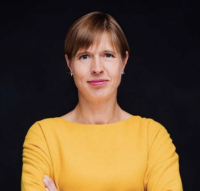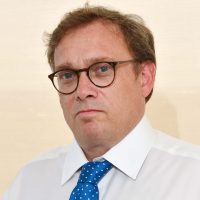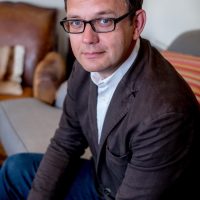Kersti Kaljulaid Keynote Speaker
- President of the Republic of Estonia (2016-2021)
- Forbes World's Most 100 Powerful Women (2017)
- United Nations Secretary-General's Global Advocate for Every Woman Every Child
Kersti Kaljulaid's Biography
Kersti Kaljulaid served as President of the Republic of Estonia from 2016-2021. Prior to this leadership role, Kersti was a Member of the European Court of Auditors where she advised Prime Minister Mart Laar and held varying high-level positions across energy, investment banking and telecoms.
With a background in genetic engineering and economics, Kersti has been a Member of the Supervisory Board of the Estonian Genome Centre and the Council Chair of Tartu from 2012 to 2016. In 2021, she was appointed by UN Secretary-General Antonio Guterres as as the Global Advocate of the ‘Every Woman Every Child’ strategy which focuses on the wellbeing of women, children and adolescents across the world. She is a vocal advocate of human rights, rule of law, freedom of speech and democracy. In 2017, she became the first Estonian to be featured in the Forbes World’s 100 Most Powerful Women.
Since leaving office, she speaks not only on digital development issues, but also more and more on security and foreign policy related topics. For this, she received the GLOBSEC transatlantic award in 2023, being only second woman after Madeleine Albright to receive this prize. She has also been moderator for Globsec and YES (Yalta European Strategy) conferences, which has led her to advocate actively for Ukrainian independence and inclusion into EU and NATO. As a former EU auditor, her thorough knowledge of the functioning of the Union is of certain value to support this process both inside Ukraine and elsewhere.
As president of her own foundation, President Kaljulaid Foundation, Kersti focuses is on the societal effects of new technologies across the economy, education, healthcare, domestic violence and and democratic rights.
Kersti is part of the Munich Security Conference Advisory Board. She speaks internationally on issues including security, foreign policy, digital and societal and economic change. In 2023, United Nations Secretary General António Guterres appointed Kaljulaid as co-chair of the United Nations High-Level Panel on the Teaching Profession. Since October 2024, she has been serving as the President of the Estonian Olympic Committee.
Kersti Kaljulaid's Speaking Topics
-
Tech and changing societies
Why some societies change more because of the tech developments than others? What are the main driver towards all-inclusive change? Who is responsible for inclusive transformation and how can it be done? Legally protected tools like ID solutions help to resolve accessibility and equality questions. Achieving the change through private and public cooperation - why must gateway to a digital nation be universal for all kind of service providers, public or private, national or international?
-
Globally connected, legally protected
How has the global IT services market emerged? Why is it globally free? Should it remain so or will it ultimately change? If we change it for better protection, will we lose it? Can a girl from Tunisia work for FranceTelecom from her home office in the future or is regulation going to kill this opportunity? The answer lies in globally accepted and legally protected identification/entry tools. They can be digital IDs, e-residencies, token-based models: but they have to become common unless we wish to regulate global services market into unhappy, fragmented, protectionism-ridden place. What is our global trade mechanism of today?
-
Government as the safe dock for its global workforce
What is the role of government in this day and age when one can work globally - and independently? Some people live with work in their pocket and travel extensively. Others offer their services globally without leaving their own kitchen. What does it mean to industrial area tax systems, when peoples' lifestyles do not match them anymore? How can industrialised nation, while using workforce living in other countries, share the social benefits with the myriad of the countries of origin their contributing workforce actually lives in?
-
Tech and healthcare
How is Estonia, the world's only digitally transformed nation, moving towards efficient and preventive healthcare system? Everybody knows e-Estonia, but there is another tool we are extensively using - Estonian genome foundation. The effort to remain one of the world's most efficient healthcare systems (WHO) even with rising longevity and declining workforce
-
Tech and education
How do we school our children? Do they need to learn more on tech, or vice versa, more about how to be active members of the society? Next generation is narrowly specialising on being compassionate human beings, are we educating them accordingly? Low-impact, low-value human contact is almost removed from societies by machines taking over. Meaningful stuff is creating most of the jobs in coming decades. Are kids ready?
-
Girls in tech
Estonian tech society has worried for quite some time about the lack of women in their workforce. They have taken responsibility for helping girls feel comfortable about resolving practical problems of math, physics and chemistry. Is this the path towards the workplace equality? What have they discovered about education systems of today, which can be used to be future-ready in education? Yo teach or to support learning - that is the question. What might be the answer?

















